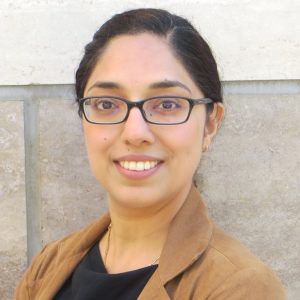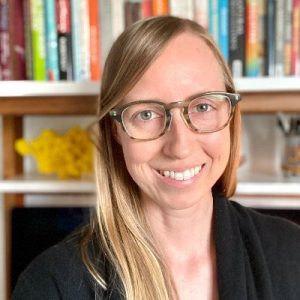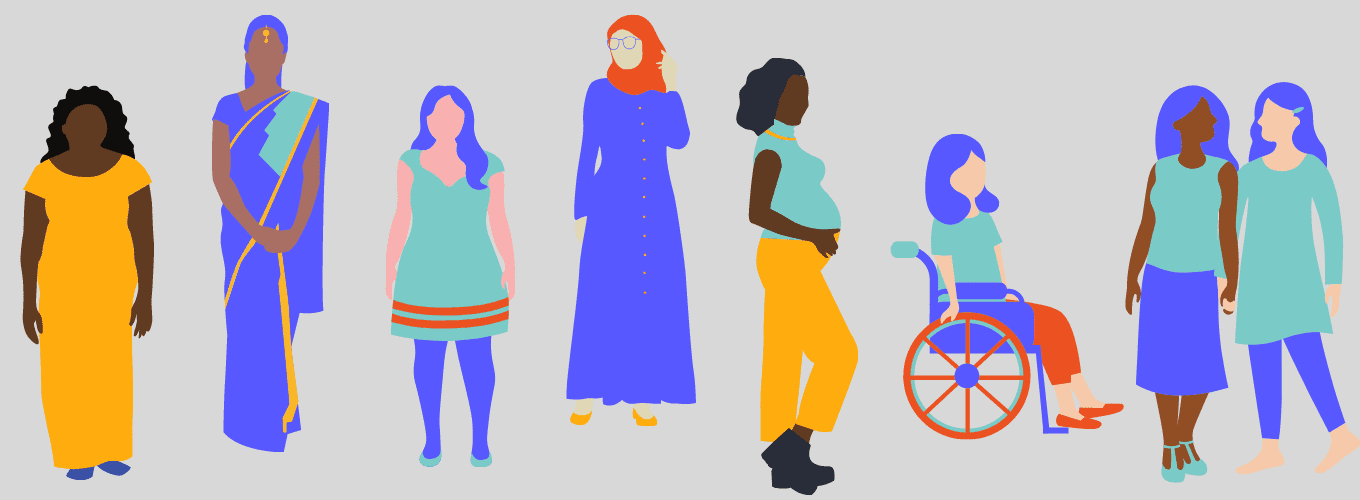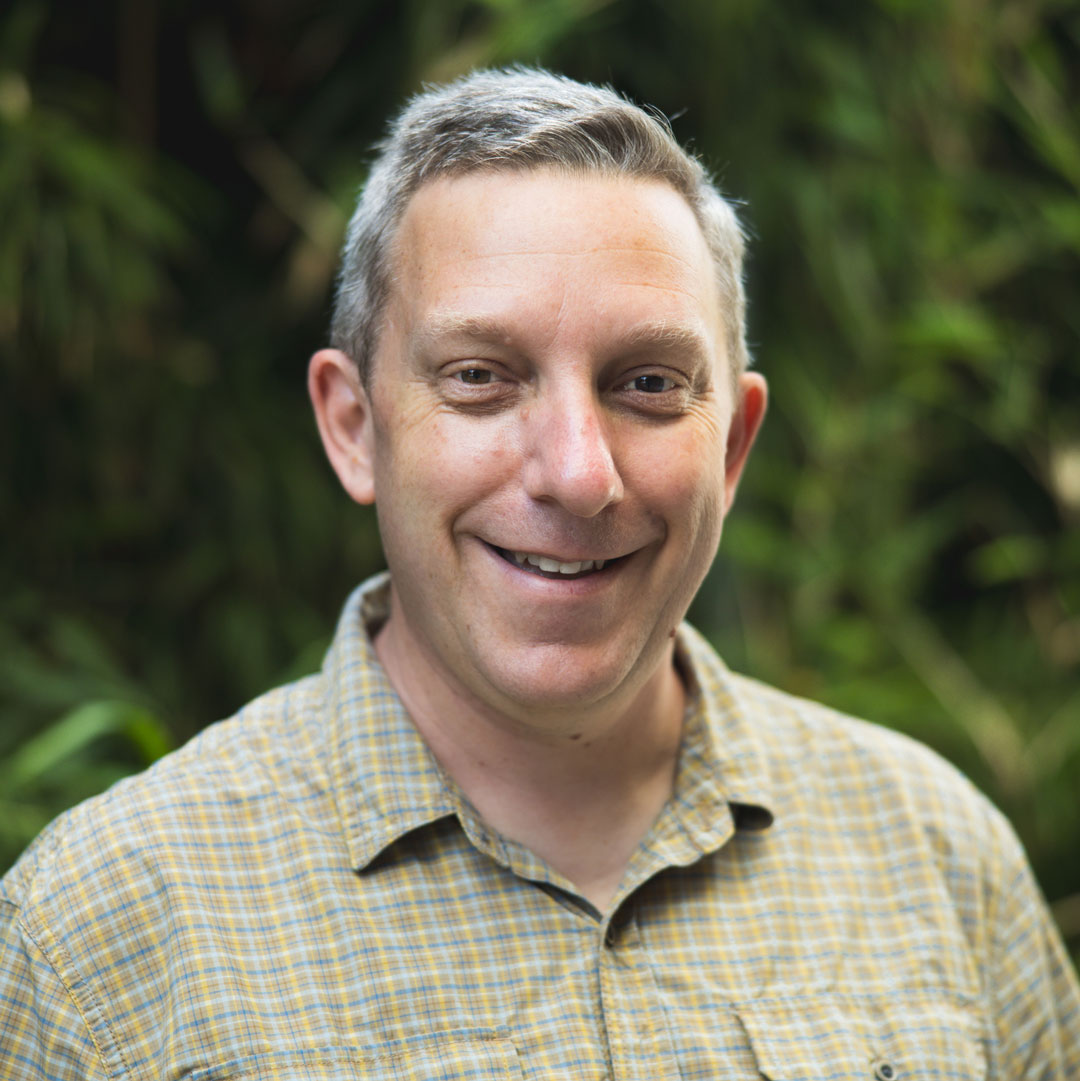
Inaugural Cohort of Fellows Selected for HS Chau Women in Enterprising Science Program
The Innovative Genomics Institute (IGI) today announced the selection of the first cohort of Fellows for the HS Chau Women in Enterprising Science Program (WIES) to enhance gender equity in bio-entrepreneurship. The WIES program, located on the UC Berkeley campus, will support Fellows whose work specifically aligns with the mission of the IGI to advance genome research for a better world.
For this inaugural cohort, three women entrepreneurs were selected. During the first phase of the program, the Fellows will be provided with up to $150,000 in support to conduct foundational research for the early stages of their entrepreneurial ideas. After one year, up to two Fellows will be selected to enter a second phase as WIES Entrepreneurs, where they may receive up to $1 million dollars in seed funding directly from the HS Chau Foundation. The current fellowships will begin in September 2022 in a new entrepreneurial space at the IGI.
The Fellows cover a range of innovative ideas and approaches, each with a unique area of impact, from improving CRISPR delivery technologies to developing therapies for genetic disorders that primarily affect women, in addition to their commitment to addressing gender equity issues in the field:
Navneet Matharu

Navneet Matharu is an assistant professor in the Department of Bioengineering and Therapeutic Sciences, the Institute for Human Genetics, and School of Pharmacy at UC San Francisco, and is a co-founder of Regel Therapeutics Inc, a gene therapy startup based in Berkeley CA and Cambridge, MA. As a WIES fellow, Matharu is working to target genetic diseases caused by gene dosage defects, where a copy of a gene is inactivated or deleted, resulting in physiological symptoms. Gene dosage effects on the X chromosome disproportionately affect women. Matharu’s previous work provided a proof of concept approach to addressing gene dosage effects using CRISPR, and she will further develop this approach during her WIES fellowship.
Jenny Hamilton

Jenny Hamilton is currently a postdoc in the Doudna lab at the University of California, Berkeley where she works to develop novel approaches for delivering CRISPR-based genome editing tools. Hamilton’s project for the WIES fellowship will explore a new method of improving targeted genome engineering in humans using CRISPR. Currently, CRISPR therapies can be limited by our ability to deliver genome editing tools to disease-relevant cell types. Hamilton’s work builds on her research on viral-like particles (VLPs), where she has demonstrated the ability to target delivery of genome-editing molecules by harnessing the natural abilities of viruses. Precise, in-vivo delivery of CRISPR to specific cells and tissues will further enable new human therapies and lower the cost of treatment.
Lin Du

Lin Du is currently a postdoc in the Department of Electrical Engineering and Computer Sciences at the University of California, Berkeley, where she works on scalable fabrication of biosensor arrays. For Du’s WIES fellowship, she aims to develop synthetic DNA biosensors for precise detection of hundreds of species of viruses simultaneously using aptamers. Aptamers are synthetic nucleic acids used for detection and capture that can be rapidly and reliably designed, optimized for both diagnostics and therapeutic purposes. Aptamer-based platforms could prove to be transformative and broadly applicable in detection and monitoring of infectious diseases, as well as potentially transferable to other medical and environmental applications.
For more information on the WIES program, read our original launch announcement, and visit the WIES program webpage. The next call for applications is planned for early 2023; interested parties can sign up for notifications on the program page.
You may also be interested in

IGI Launches HS Chau Women in Enterprising Science Program

Dr. Nabiha Saklayen Awarded Tory Burch Fellowship at the Innovative Genomics Institute

CRISPR Clinical Trials: A 2022 Update

 By
Andy Murdock
By
Andy Murdock